When playing Dragon’s Dogma 2, choosing the right class is essential as it greatly impacts your gaming experience. Each class comes with unique abilities and playstyles, so understanding their differences is crucial for tailoring your gameplay. Whether you enjoy direct combat or prefer to support your allies, Dragon’s Dogma 2 offers a variety of classes to accommodate different approaches. As the Arisen, your class choice not only affects your combat style but also influences how you tackle the game’s challenges. The class you select for both your Arisen and your Pawn (an AI-controlled companion) determines the skills and weapons available during your adventures.
Experimenting with different classes can be rewarding, and choosing the best one depends on your personal preference and the types of enemies you encounter. Capcom has designed the game so that each class has its own advantages, making the concept of a “best” class subjective and based on individual gameplay styles. Starting a game in Dragon’s Dogma 2 means choosing a class that aligns with your playstyle and goals. This guide examines the strengths and weaknesses of each class, helping you make an informed decision and carve your path to success in the expansive and captivating world of Gransys.
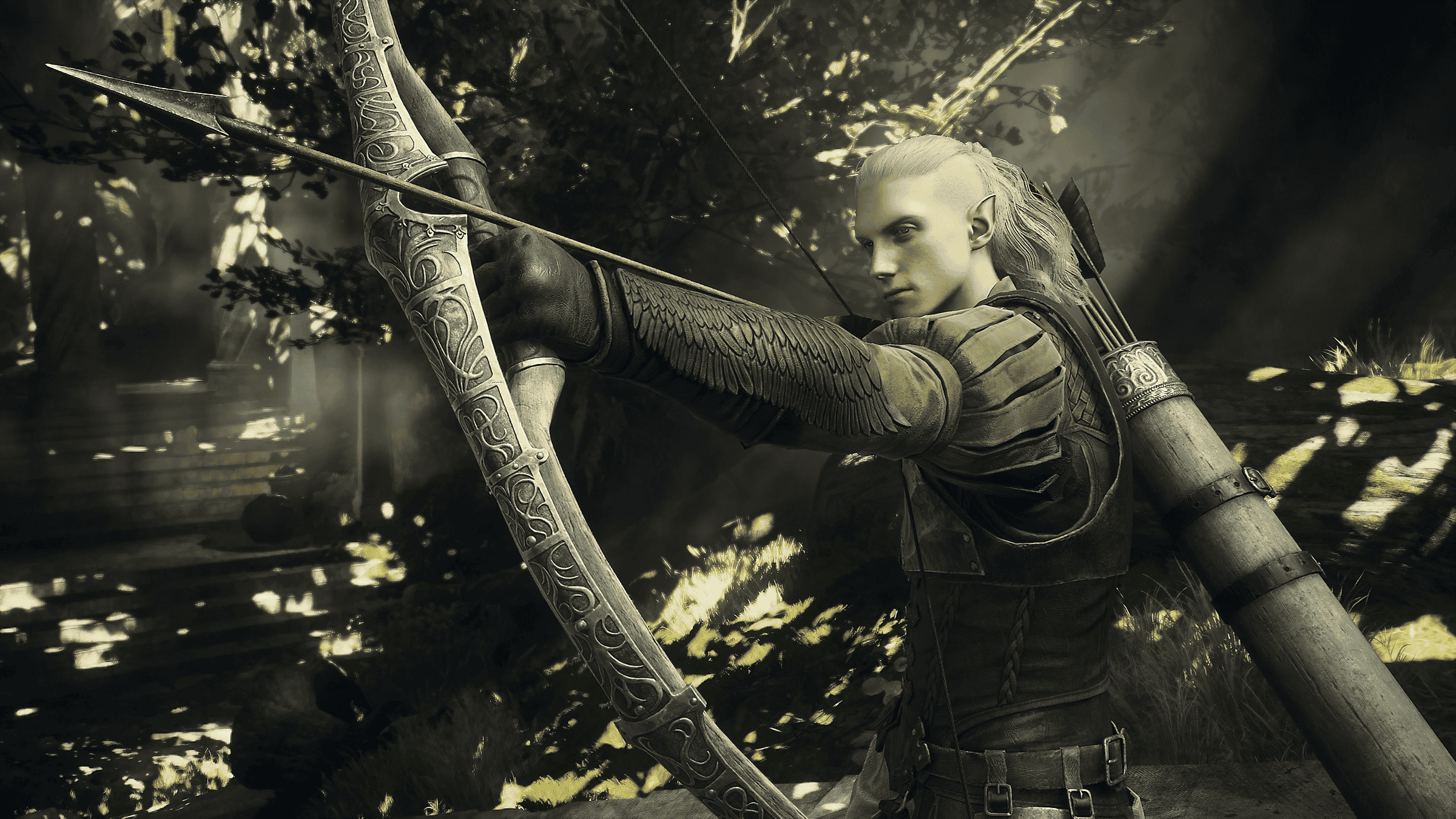
Unveiling Gransys’ Greatest: Top Classes in Dragon’s Dogma 2
S-Tier: The Pinnacle of Power
- Thief: The undisputed champion of damage and survivability. Skull Splitter decimates foes, while Masterful Kill and Formless Feint offer devastating offense and unmatched evasion.
- Magick Archer: A master of both ranged and magic combat. Martyr’s Bolt annihilates enemies, while an array of support skills enhances versatility.
A-Tier: Exceptional Choices
- Mystic Knight: A harmonious blend of might and magic. High damage potential, solid defense, and utility spells make it a formidable all-rounder.
- Warrior: A brute force powerhouse with immense strength. While limited in skill options, its raw power and resilience make it a fearsome frontline fighter.
B-Tier: Solid and Dependable
- Sorcerer: A spellcasting virtuoso, wielding a wide array of destructive magic. High damage output is balanced by its vulnerability and reliance on careful positioning.
- Strider: A versatile adventurer adept at both melee and ranged combat. While not excelling in any specific area, its adaptability and climbing ability are invaluable assets.
C-Tier: Situational Strengths
- Ranger: A long-range specialist with pinpoint accuracy. Powerful longbow skills excel in strategic engagements, but its melee weakness demands careful positioning.
- Fighter: A resilient tank capable of withstanding heavy punishment. Its high defense and solid damage output make it a reliable frontline presence.
D-Tier: Niche Picks
- Assassin: A swift and deadly combatant with a focus on agility and critical strikes. While highly effective in skilled hands, its reliance on positioning and timing can be challenging.
- Mage: A supportive spellcaster specializing in healing and buffs. Shines in multiplayer scenarios, but struggles in solo play due to its limited offensive capabilities.
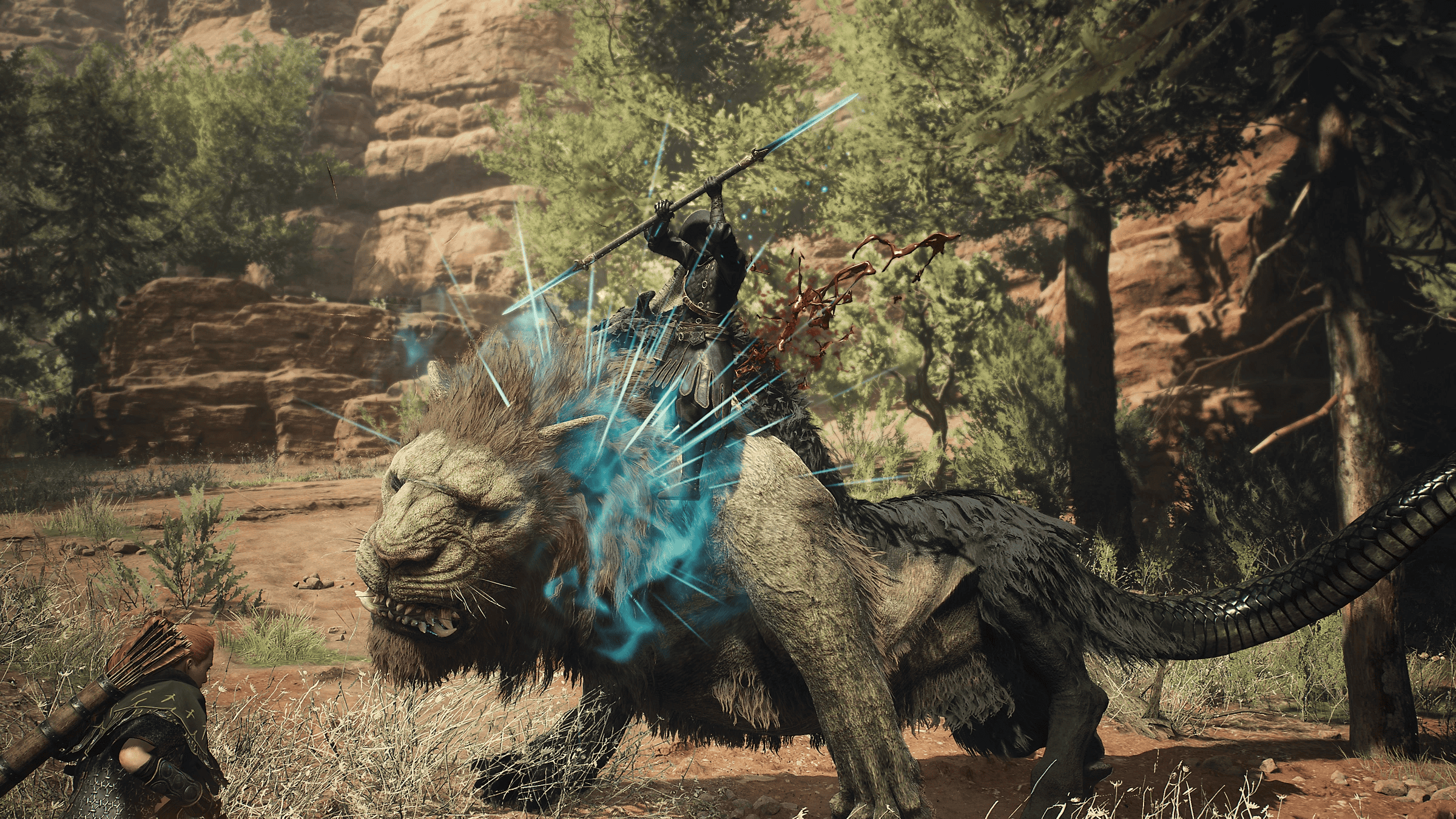
| Tier | Class | Strengths | Weaknesses |
|---|---|---|---|
| S | Thief, Magick Archer | High damage, survivability, versatility | Requires strategic positioning |
| A | Mystic Knight, Warrior | Balanced offense and defense, raw power | Limited skill options for Warrior |
| B | Sorcerer, Strider | High magic damage, adaptability | Vulnerability, lack of specialization |
| C | Ranger, Fighter | Ranged expertise, high defense | Melee weakness, lower damage output |
| D | Assassin, Mage | Agility, support capabilities | Challenging to master, limited solo play |

Dragon’s Dogma: Best Classes Ranked
Certainly, let’s re-align the table to reflect the hierarchy and insights from the previous article:
| Rank | Class | Description | Pros | Cons |
|---|---|---|---|---|
| 1 | Thief | Master of damage and survivability. | Unmatched offense, evasion, and utility. | Requires strategic positioning. |
| 2 | Magick Archer | Versatile ranged and magic combatant. | High damage potential, adaptable playstyle. | Limited skill slots restrict full potential. |
| 3 | Mystic Knight | Balanced blend of physical and magical prowess. | Strong offense, defense, and utility. | Requires investment in other vocations for full potential. |
| 4 | Warrior | Brute force powerhouse with immense strength. | High physical defense, powerful attacks. | Limited skill options, repetitive attack patterns. |
| 5 | Sorcerer | Spellcasting virtuoso with a vast magical arsenal. | High magic damage, versatile spell selection. | Low physical defense, fragile. |
| 6 | Strider | Adaptable adventurer skilled in melee and ranged combat. | Versatile skillset, good mobility, climbing ability. | Lacks mastery in any specific area, average damage output. |
| 7 | Ranger | Long-range specialist with pinpoint accuracy. | Strategic ranged gameplay, strong single-target damage. | Underpowered in melee, requires good positioning. |
| 8 | Fighter | Resilient tank capable of withstanding heavy punishment. | High defense, solid damage output. | Lacks magic, lower damage output than other classes. |
| 9 | Mage | Supportive spellcaster specializing in healing and buffs. | Strong healing and support magic, excels in multiplayer. | Limited solo play potential, low damage output. |
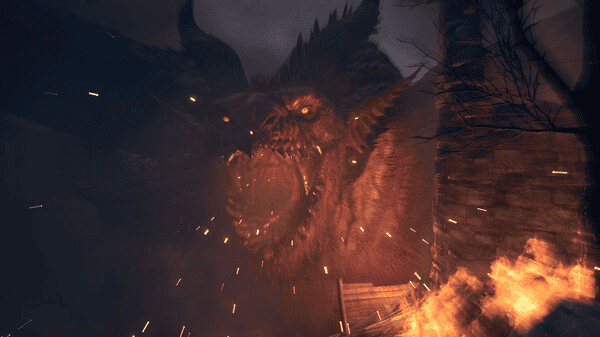
Key Takeaways
- Understanding the strengths of Dragon’s Dogma 2 classes is vital for a gameplay experience tailored to player preferences.
- The chosen vocation dictates the Arisen and Pawn’s capabilities, influencing combat strategies and exploration.
- Selecting a class is a subjective decision that shapes the player’s journey through the game, with no single class being the definitive best for all.
Choosing Your Vocation
In Dragon’s Dogma 2, selecting the right vocation is crucial as it impacts your combat style, available skills, and how your character develops. This section helps guide you through the vocation system to craft a character that fits your playstyle.
Understanding Vocations
Vocations in Dragon’s Dogma 2 dictate the abilities and combat style your character will adopt. The basic vocations introduce you to fundamental combat roles: the Fighter mastering melee exploits; the Mage specializing in restorative and offensive magic; and the Strider balancing ranged and quick-strike tactics.
Class Strategies and Builds
Every vocation in Dragon’s Dogma 2 has its strengths. Fighters wield strength and defense, excelling in close combat. Striders focus on agility and precision, making them fit for players preferring a swift playstyle. Mages, with their array of spells, serve excellent for those interested in magical offense or support. Each class can be built upon with specific weapons, skills, and augments to enhance these abilities.
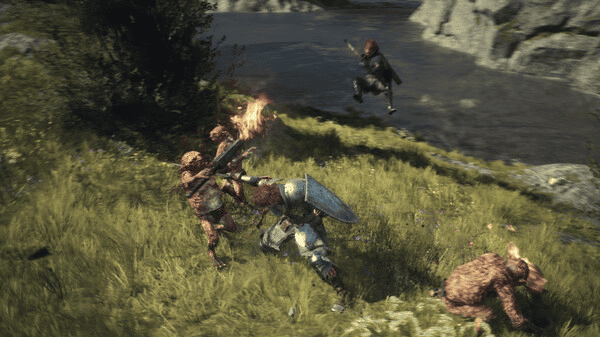
Specialized Vocation Tactics
Advanced and Hybrid vocations like the Warrior and Magick Archer add depth to the combat system. Warriors deliver weighty blows and have greater health, while Magick Archers combine archery with spells, firing magical arrows to debilitate foes. Knowing these specialized tactics can turn battles in your favor.
Arisen and Pawn Dynamics
The dynamic between Arisen and Pawns is central to Dragon’s Dogma 2. The vocation you choose also applies to your pawns, and crafting a team with complementary abilities is a strategic aspect of the game. Aligning Pawn vocations with that of the Arisen can either diversify your party’s skills or focus on strengthening a particular strategy.
Equipment and Customization
Weapon choice and customization are pivotal. Fighters benefit from sturdy swords and shields for defense and offense, whereas Mages might opt for staves that enhance their magical abilities. Each vocation also has access to specific armors that not only alter appearance but also provide vital stat boosts.

Advanced Vocation Classes
Those looking for a rich RPG experience will find Dragon’s Dogma 2’s advanced classes engaging. These vocations like the Mystic Knight or the Assassin allow for unique combinations of melee, ranged, or magical attacks, and mastering their distinct combat mechanics can make for a powerful character.
Character Optimization
Optimizing your character involves more than just picking a class; it means carefully considering stat growths like strength, endurance, and stamina. As your character levels up, you’ll want to fine-tune skills and abilities and perhaps learn new augments from vocation maisters to further refine your build, suiting your desired playstyle.
Combat and Enemies
Playing Dragon’s Dogma 2 requires an understanding of both the combat system and the variety of enemies you’ll face. Knowing the strengths and weaknesses of each class, coupled with the appropriate use of skills and weapons, will be key to prevailing in battles.
Mastering Combat Systems
Dragon’s Dogma 2 offers a diverse range of combat techniques that cater to different playstyles. Whether you prefer direct melee battles or ranged attacks, mastering the use of skills is essential. A Fighter, for instance, can block and parry with their shield, combining defense with calculated counterattacks. Alternatively, the Magick Archer makes use of Magickal abilities and weaponry to hit targets from a distance. Skills in this class may include firing homing arrows or setting traps imbued with elemental properties. Players should experiment with different vocations to find their preferred style of engagement.

Engaging with Monsters and Bosses
Monsters and bosses in Dragon’s Dogma 2 present unique challenges and require specific strategies to defeat. Each creature has its own set of weaknesses and attacks. Success in combat often hinges on identifying and exploiting these vulnerabilities. For example, utilizing a Mystic Knight’s advanced skills might allow you to absorb enemy spells and redirect heavy damage back at the assailant. Monsters can often be tackled by targeting specific body parts, while bosses, larger and more formidable, demand a deep understanding of combat mechanics and often a synergy of party abilities. Players should approach each battle prepared, adapting their strategy to the enemies at hand.
Frequently Asked Questions
In the quest to conquer the challenges of Dragon’s Dogma 2, selecting the right class can make a significant difference. Here, we look at some common questions regarding the classes available in the game.
What are the top-tier classes in Dragon’s Dogma 2?
Top-tier classes are often considered based on their combat effectiveness and versatility. In Dragon’s Dogma 2, classes such as the Magick Archer, known for its ability to deal damage from a distance while using magic, and the Fighter, with its balanced defense and strong melee attacks, stand out.
Which class should a beginner choose in Dragon’s Dogma 2?
Beginners may find the Fighter class to be a solid choice as it offers a straightforward approach to combat with its focus on sword and shield, allowing new players to learn the ropes without overwhelming complexity.
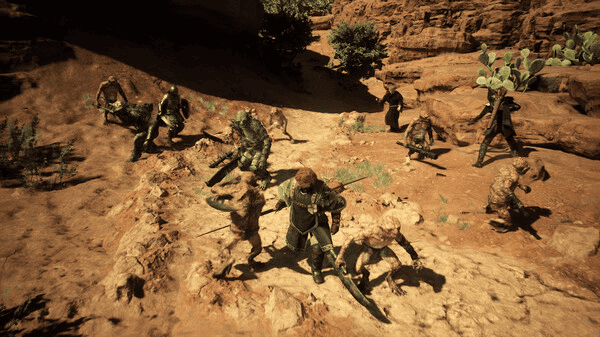
What are the most effective early-game classes in Dragon’s Dogma 2?
Early in the game, the Fighter and the Archer classes can be particularly effective. Fighters provide a durable front-line presence while Archers allow for long-range attacks, enabling players to tackle a variety of situations with relative ease.
Are there any new classes introduced in Dragon’s Dogma 2?
Dragon’s Dogma 2 introduces new vocations, expanding on the options available for character customization and combat strategies. These new classes bring fresh dynamics to the gameplay and allow veterans and newcomers alike to explore new ways of tackling the game’s challenges.
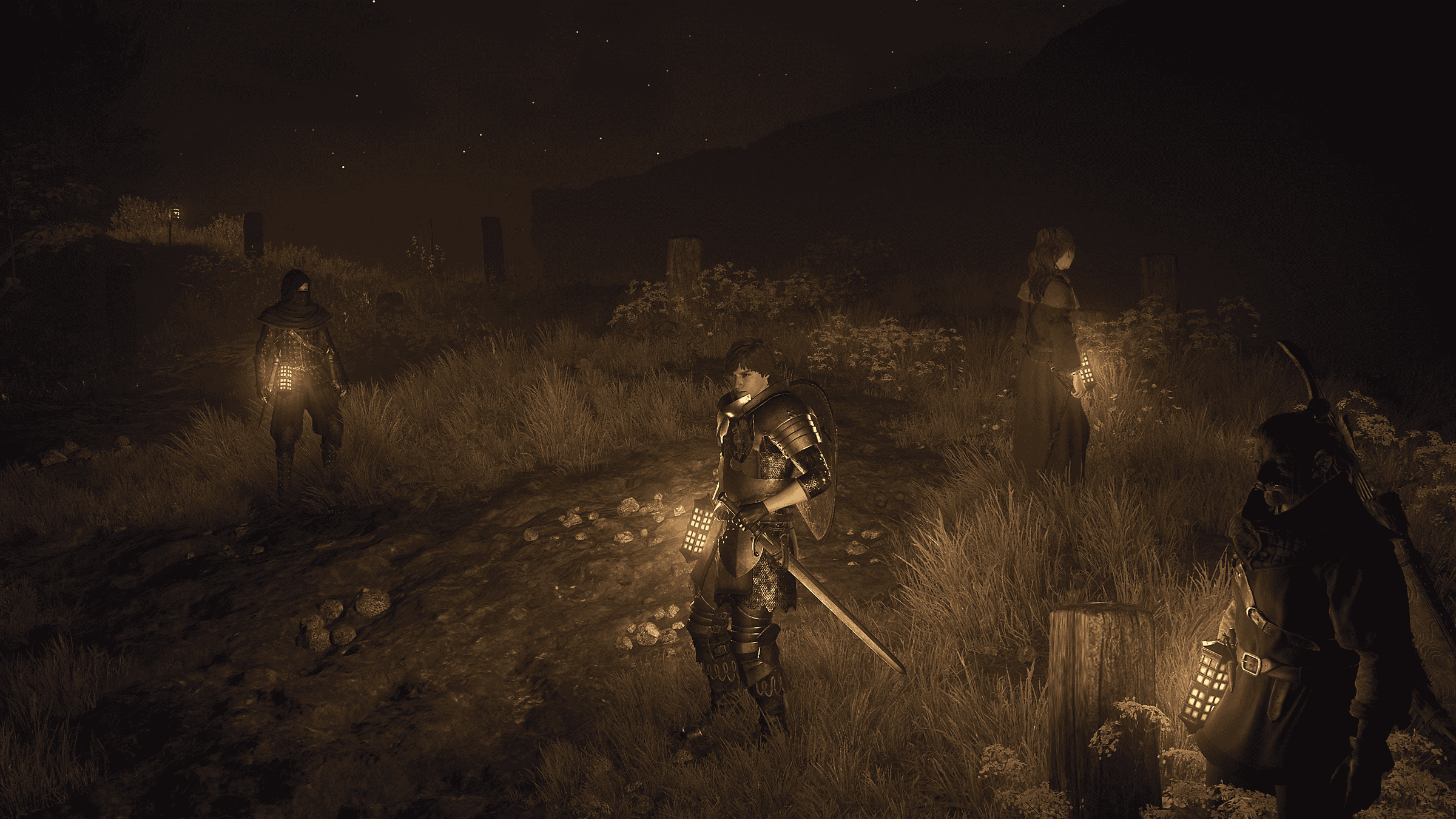
Which class in Dragon’s Dogma 2 offers the highest strength?
The Warrior class typically offers the highest strength, wielding powerful two-handed weapons capable of dealing significant damage in close combat.
How does the class system in Dragon’s Dogma 2 compare to the original?
Dragon’s Dogma 2’s class system builds on the foundation of the original, maintaining the familiar three-category structure — basic, advanced, and hybrid vocations. While the core system remains similar, new classes and enhancements aim to give players a more enriched experience with improved customization and strategy options.







